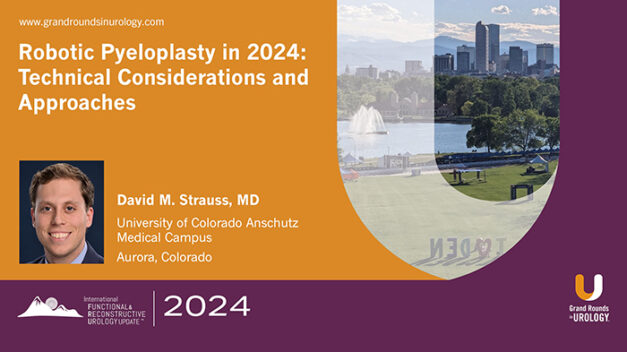Genetic Testing in Prostate Cancer Management
Abhinav Sidana, MD, MPH, highlights the critical role of genetic testing in prostate cancer management, aiming to familiarize urologists with its fundamentals and practical application. In this 17-minute presentation, Dr. Saadana shares a detailed case study of a healthy 63-year-old male with prostate cancer, underscoring the importance of DNA damage repair pathway genes.
Dr. Sidana categorizes genetic mutations into germline mutations and somatic mutations. Both are essential in identifying actionable genetic alterations that guide early diagnosis, prognosis, and treatment. He emphasizes the prognostic implications of genetic testing in driving treatment strategies. Dr. Sidana highlights the utility of multi-gene panels that assess a broad range of cancers and the importance of genetic counseling in addressing the clinical and psychosocial aspects of testing. Current guidelines recommend testing for high-risk, metastatic, or familial prostate cancer cases.
Read More




